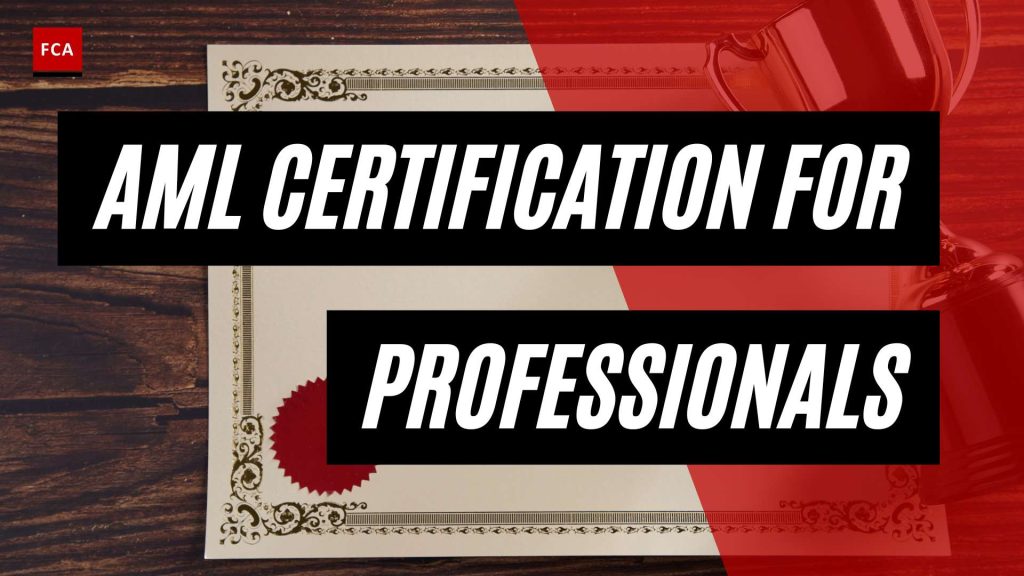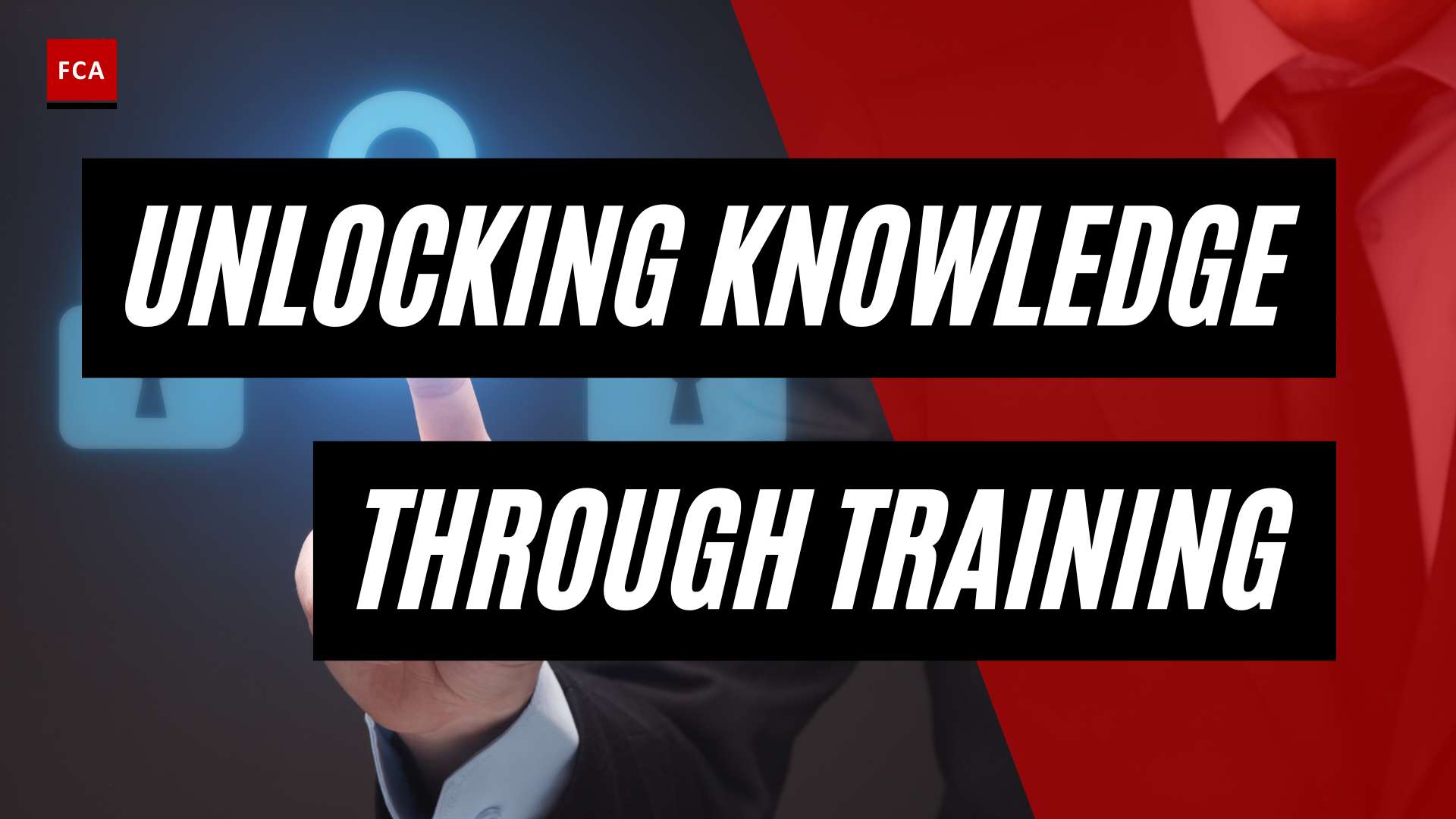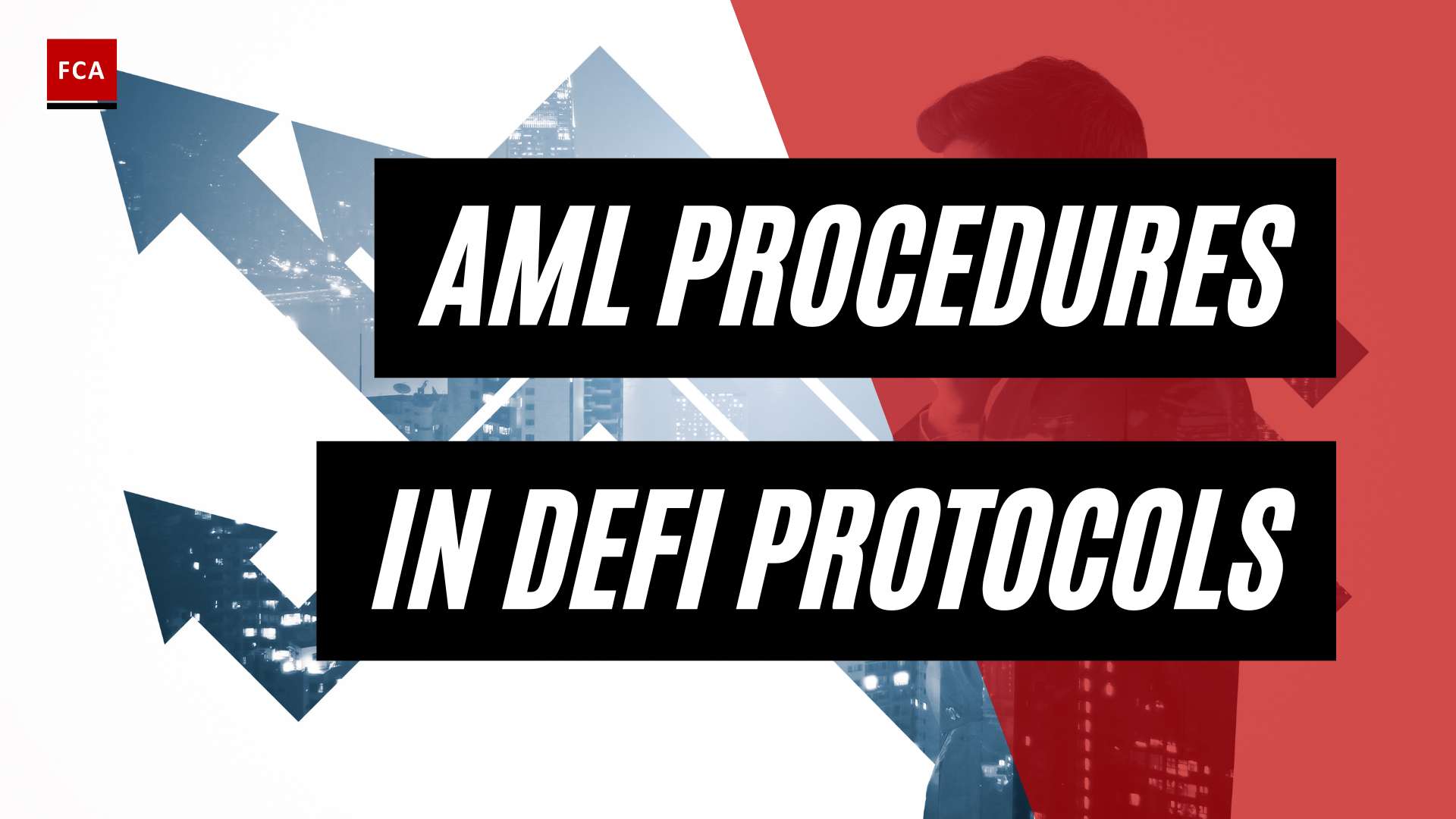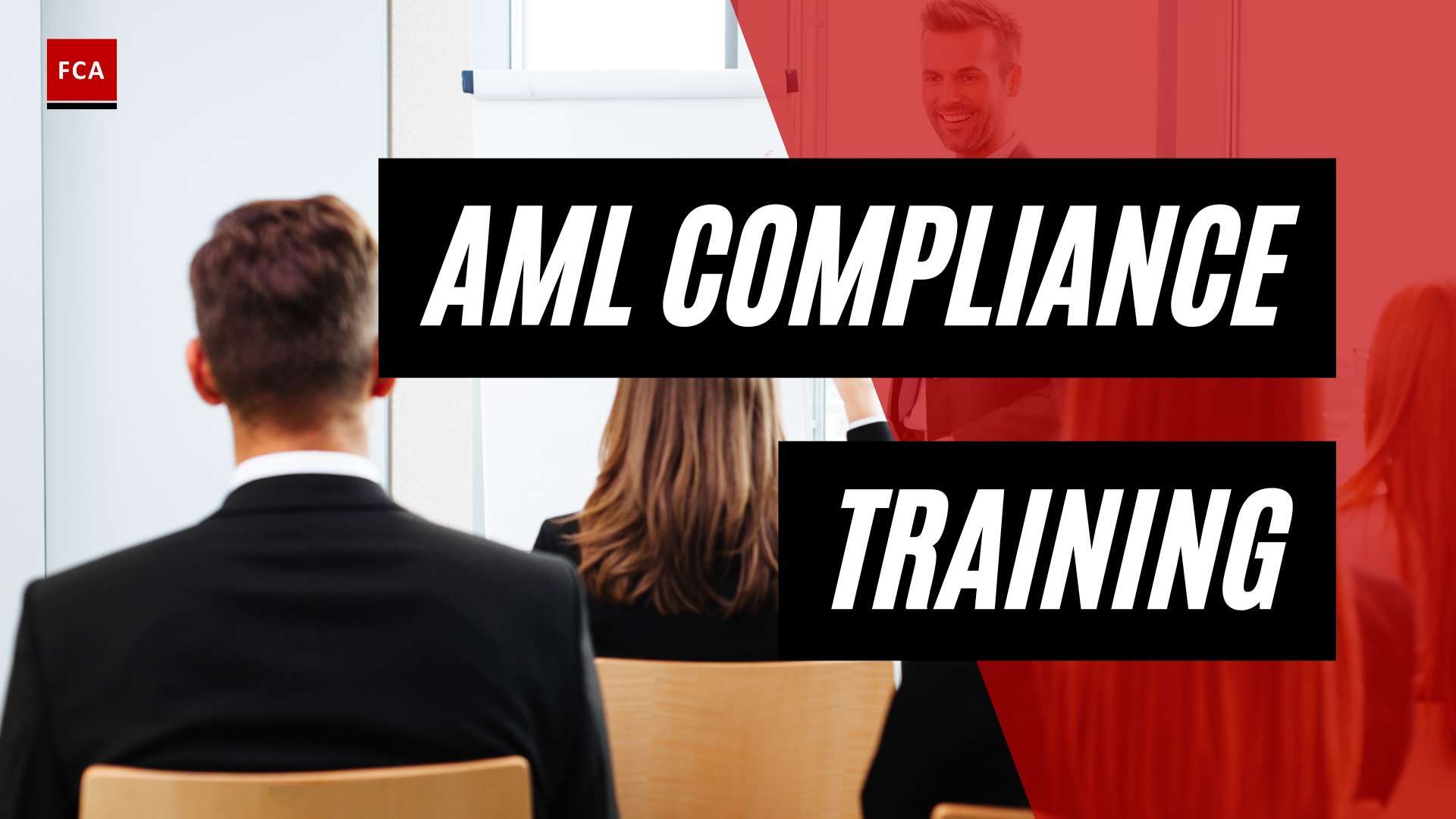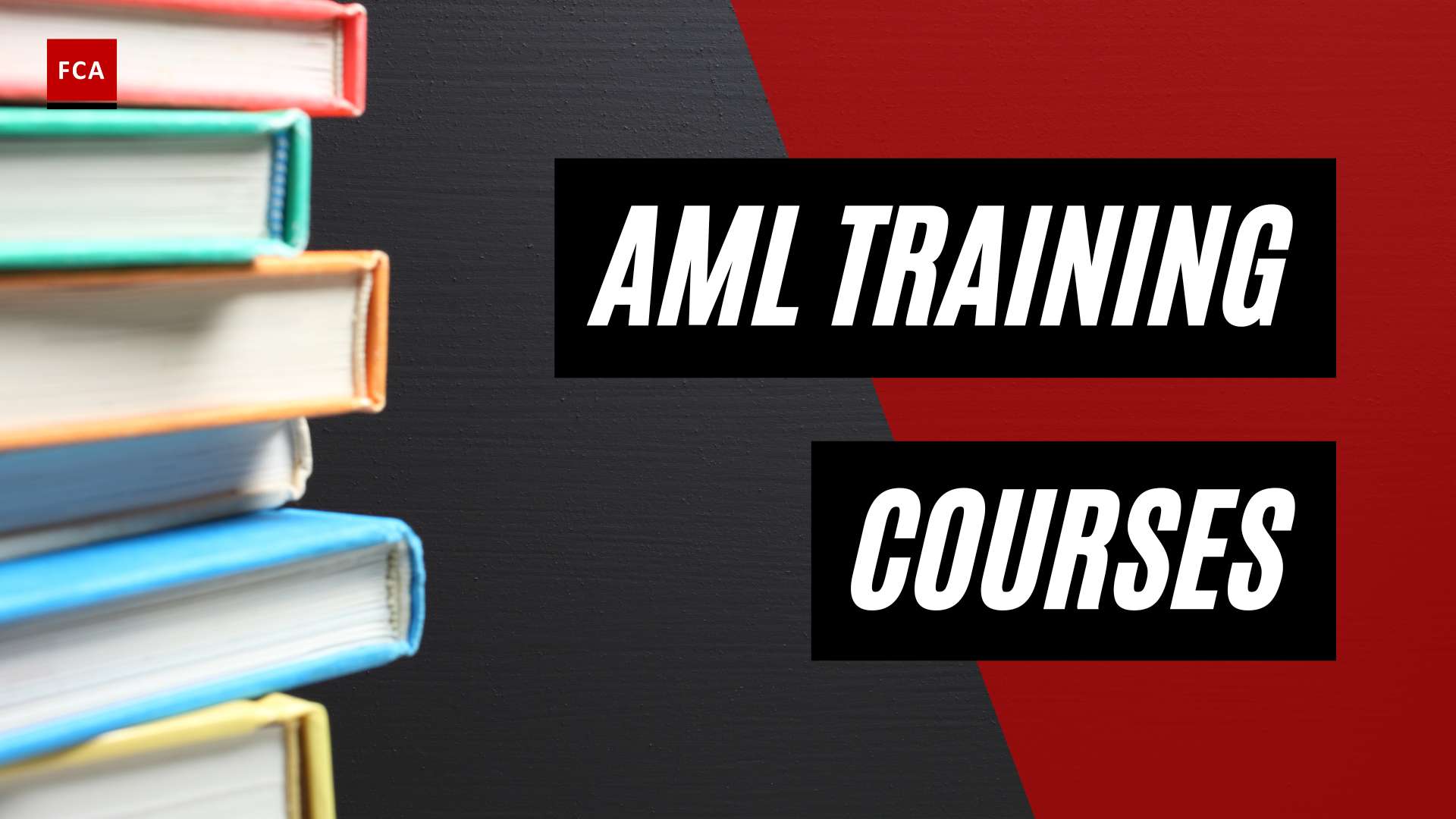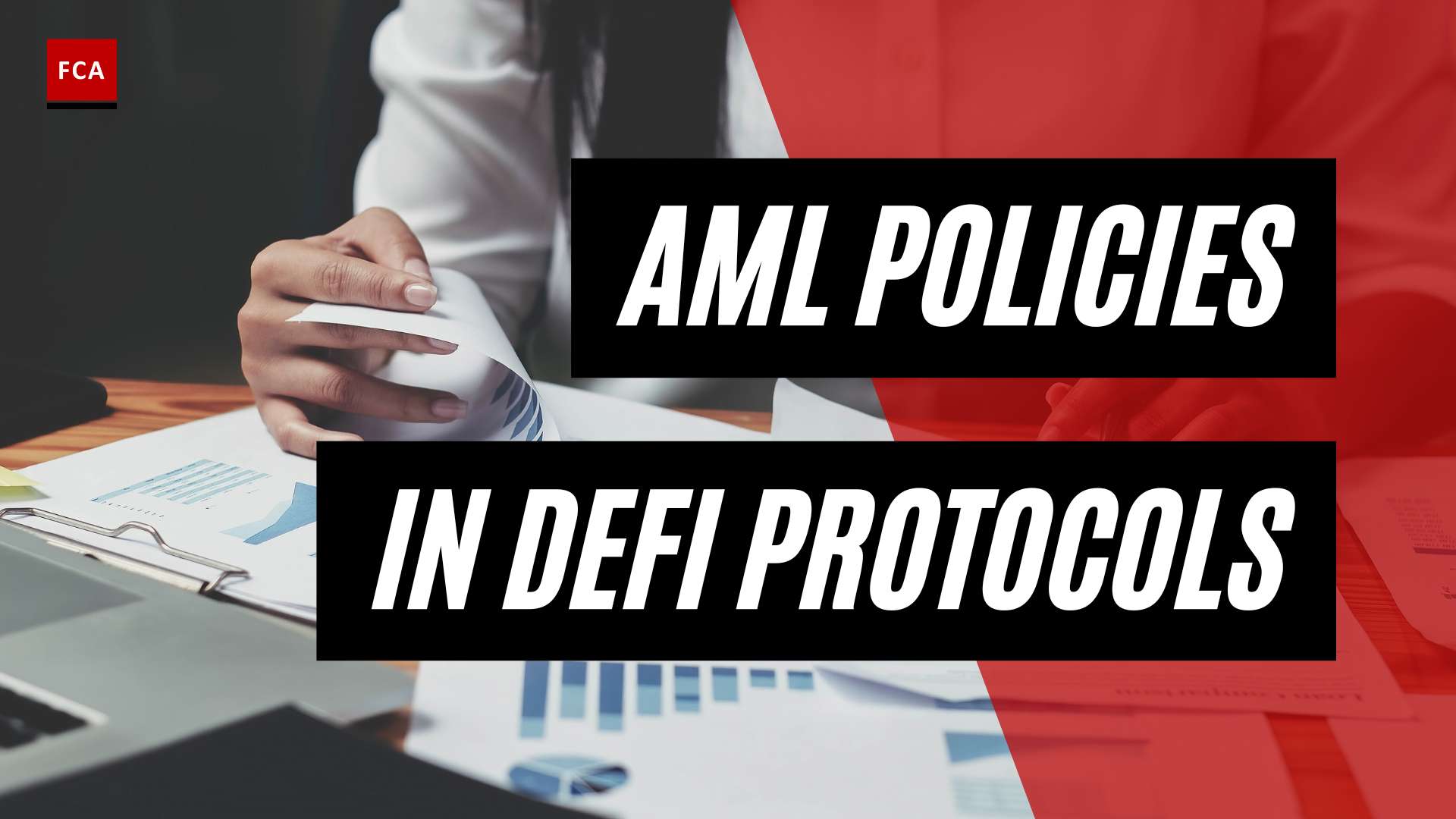AML Certification and Education
In the world of compliance, risk management, and anti-money laundering (AML), staying ahead in the game is crucial. AML certification and education play a significant role in enhancing professional expertise and ensuring compliance with the latest regulations. Let’s explore the importance of AML certification and the benefits of AML certification programs.
Importance of AML Certification
AML certification holds immense importance for professionals working in financial institutions, compliance departments, and risk management roles. It serves as a testament to an individual’s commitment to compliance and due diligence in the financial industry. By obtaining an AML certification, professionals demonstrate their knowledge and expertise in detecting and preventing money laundering activities.
With the ever-evolving regulatory landscape, AML certification helps professionals stay updated with the latest anti-money laundering best practices, regulations, and financial crime detection techniques. It equips them with the necessary skills to identify suspicious activities, assess risks, and implement effective controls to safeguard financial systems.
AML certification is often a prerequisite for employment in AML roles, with many employers considering it a valuable asset when hiring compliance officers and other professionals responsible for mitigating money laundering risks. It enhances career prospects, opens doors to new opportunities, and validates an individual’s commitment to professional growth.
Benefits of AML Certification Programs
AML certification programs offer a range of benefits to professionals seeking to strengthen their knowledge and advance their careers in compliance and AML. Some of the key benefits include:
- Industry Recognition: AML certifications are widely recognized in the industry and provide professionals with a competitive edge. They demonstrate a commitment to maintaining high standards of compliance and professionalism.
- Enhanced Knowledge: AML certification programs cover a wide range of topics, including anti-money laundering regulations, financial crime prevention, risk assessment, and detection techniques. Professionals gain in-depth knowledge and a comprehensive understanding of AML practices.
- Career Advancement: AML certification can lead to increased career opportunities and advancement within the field. Employers often prioritize certified professionals for AML roles, and certification can provide a pathway to higher-level positions and increased responsibilities.
- Networking Opportunities: Certification programs often provide opportunities for professionals to connect with peers, industry experts, and thought leaders in the AML community. Networking can facilitate knowledge-sharing, collaboration, and professional growth.
- Continuing Education: Many AML certifications require professionals to engage in continuing education to maintain their certification. This ensures that certified individuals stay updated with the latest developments in AML regulations and practices, enabling them to adapt to evolving challenges.
By pursuing AML certification, professionals can acquire the knowledge, skills, and credentials necessary to excel in their careers and make a positive impact in combating money laundering and financial crimes.
FCA Certification
FCA (Financial Crime Academy) is a globally recognized organization that offers comprehensive AML (Anti-Money Laundering) certification programs. Their certifications provide professionals working in compliance, risk management, anti-money laundering, and anti-financial crime with the necessary knowledge and skills to stay ahead in the field.
CAMP Certification Overview
One of the most prominent certifications offered by FCA is the CAMP (Certified Anti-Money Laundering Professional) certification. It is internationally recognized as the gold standard in AML certifications. The CAMP certification demonstrates a professional’s commitment to combating money laundering, terrorist financing, and other financial crimes.
The CAMP certification equips professionals with a deep understanding of AML regulations, best practices, and effective strategies for detecting and preventing financial crimes. It covers various topics, including risk assessment, customer due diligence, transaction monitoring, and regulatory compliance.
CAMP Certification Process
To obtain the CAMP certification, professionals must successfully complete a rigorous exam that assesses their knowledge of anti-money laundering practices and regulations. The exam consists of multiple-choice questions and covers a wide range of AML topics.
Before taking the exam, students must complete all the video lessons, quizzes, and final assessments in each course. FCA offers online CAMP training programs that provide professionals with the flexibility and accessibility to prepare for the certification exam. These training programs include study materials, practice exams, and webinars to ensure candidates are well-prepared.
It’s important to note that certification requirements and processes may evolve over time, so it’s always advisable to refer to the official FCA website for the most up-to-date information on the CAMP certification process and requirements.
Online Training Programs
FCA understands the importance of providing professionals with convenient and accessible education opportunities. That’s why they offer online training programs to help individuals earn their AML certification virtually.
These online training programs provide comprehensive coverage of the AML concepts, regulations, and industry practices necessary for the CAMP certification. They include study materials, interactive modules, practice questions, and webinars to enhance the learning experience and ensure candidates are well-prepared for the exam.
By offering online training programs, FCA enables professionals to pursue their AML certification at their own pace and from the comfort of their desired location. This flexibility allows individuals to balance their professional commitments while advancing their expertise in the field of anti-money laundering.
With the FCA CAMP certification and their online training programs, professionals can enhance their career prospects and demonstrate their commitment to combating financial crimes. It is important to consider the benefits, requirements, and costs associated with the certification to make an informed decision. For more information on the benefits of AML certification programs, refer to our article on aml certification programs.
Other AML Certification Options
In addition to the widely recognized FCA certification, there are other reputable AML certification options available for professionals seeking to enhance their knowledge and skills in anti-money laundering practices.
Financial Crime Academy AML Certification
The Financial Crime Academy offers online AML certification programs accessible globally, allowing professionals to enhance their abilities and expertise regardless of geographical limitations. Their AML Compliance Officer Certification Course provides a comprehensive curriculum covering international AML standards, risk assessment, transaction monitoring, and reporting. This ensures a well-rounded education in anti-money laundering practices (Financial Crime Academy).
The AML certification program offered by the Financial Crime Academy is designed to meet the diverse educational needs of professionals in various roles, including AML compliance officers, risk managers, and financial crime analysts. The program aims to enhance their knowledge and skills in preventing financial crimes effectively (Financial Crime Academy).
Participants in the Financial Crime Academy’s AML certification program gain insights into the latest trends, technology, regulations, and best practices within the industry. This enables them to stay current with the dynamic landscape of anti-money laundering measures. The self-paced learning approach offered by the Financial Crime Academy allows professionals to enroll in the AML certification online programs at their convenience, balancing professional development with other commitments (Financial Crime Academy).
By exploring the AML Training Program and the Financial Crime Academy AML Certification, professionals can choose the AML certification option that best aligns with their educational needs and career goals. These programs provide valuable knowledge and skills necessary for navigating the complex world of anti-money laundering, opening up new opportunities in the field of AML and financial crime prevention.
Choosing the Right AML Certification
When considering an AML certification, professionals should take several factors into account to ensure they choose the most suitable program for their career goals and aspirations. Here are some key factors to consider when selecting the right AML certification.
Factors to Consider
- Reputation and Recognition: Look for certifications that are well-established and recognized within the industry. Highly regarded certifications can enhance your professional credibility and make you more attractive to potential employers.
- Course Content: Evaluate the curriculum and course content offered by different certification programs. Ensure that the program covers essential topics such as AML regulations, compliance processes, risk assessment, and financial crime detection. The depth and breadth of the course material will contribute to your knowledge and expertise in the field.
- Flexibility and Accessibility: Consider the flexibility and accessibility of the certification program, especially if you are currently working full-time. Online certifications provide the advantage of self-paced learning, allowing you to study at your own convenience and schedule the certification exam when you feel prepared.
- Cost: Evaluate the cost of the certification program, including registration fees, study materials, and any additional expenses. It’s important to find a program that fits within your budget while still providing high-quality education and resources.
- Certification Requirements: Review the prerequisites and eligibility requirements for each certification program. Some certifications may require a certain level of experience or educational background. Understanding the requirements beforehand can help you determine if you meet the criteria and are eligible to pursue the certification.
The Value of AML Education
To excel in the field of anti-money laundering (AML) and enhance career prospects, professionals can benefit greatly from acquiring AML education and certifications. AML education equips individuals with the necessary knowledge and skills to navigate the complex world of financial crime prevention. In this section, we will explore the value of AML education, focusing on the AML Foundations Certificate and the importance of continuing education and professional development.
AML Foundations Certificate
The FCA Anti-Money Laundering (AML) Foundations Certificate, offered fully online and at a self-paced learning pace by FCA, provides a comprehensive understanding of money laundering and terrorist financing processes. The course covers essential topics such as AML regulations, customer due diligence, sanctions, and risk assessment, among others.
While the AML Foundations Certificate does not confer a formal certification, it serves as a valuable educational tool for professionals new to the field, those seeking a refresher, or individuals responsible for training junior staff to ensure compliance with AML regulations. Completing this certificate program provides foundational knowledge in the AML field and demonstrates a commitment to staying informed about AML principles.
Continuing Education and Professional Development
In the ever-evolving landscape of financial crime prevention, staying up-to-date with the latest trends, regulations, and best practices is crucial. AML professionals should engage in continuing education and professional development to maintain their expertise and ensure compliance with changing AML requirements.
Continuing education programs offer opportunities for AML professionals to expand their knowledge, acquire new skills, and deepen their understanding of emerging AML practices. These programs may include workshops, seminars, webinars, or online courses that cover advanced AML topics, such as advanced investigation techniques, emerging risks, and regulatory updates.
By participating in continuing education and professional development activities, AML professionals can demonstrate their commitment to ongoing learning and professional growth. This dedication can set them apart in the job market and open doors to career advancement opportunities.
To maintain AML certifications, professionals often need to earn continuing education credits and periodically renew their certifications. This ensures that they stay current with the latest developments and maintain a high level of expertise in the field (Indeed).
Investing in AML education, earning relevant certificates, and engaging in continuing education and professional development activities demonstrate a commitment to excellence in the field of AML. These efforts not only enhance career prospects but also equip professionals with the knowledge and skills necessary to combat financial crime effectively. By staying ahead of the curve, AML professionals can contribute to a safer and more secure financial system.
Career Opportunities with AML Certification
With the increasing focus on combating money laundering and financial crimes, professionals with AML certification have access to a wide range of career opportunities. AML certification not only enhances one’s knowledge and skills in the field but also demonstrates a commitment to compliance and due diligence in financial systems. In this section, we will explore the various career paths available to individuals with AML certification and the growing demand for AML professionals.
AML Specialist Roles
Professionals with AML certification can pursue various specialized roles within the field of anti-money laundering. Some common AML specialist roles include:
- AML Compliance Officer: Responsible for ensuring that financial institutions comply with AML regulations and develop effective AML programs.
- AML Investigator: Conducts investigations into suspicious activities, analyzes financial transactions, and identifies potential money laundering or terrorist financing risks.
- AML Analyst: Monitors and analyzes customer transactions and account activity to detect and report suspicious behavior.
- AML Consultant: Provides advisory services to organizations, assisting them in developing and implementing AML policies, procedures, and controls.
- AML Auditor: Conducts independent assessments of an organization’s AML program to evaluate its effectiveness and identify areas for improvement.
These roles require a deep understanding of AML regulations, risk assessment, transaction monitoring, and investigative techniques. AML certification provides individuals with the knowledge and credibility necessary to excel in these positions.
Demand for AML Professionals
The demand for AML professionals is growing rapidly, driven by the increasing need for organizations to combat money laundering and financial crimes. According to CPA Canada, 78% of global financial institutions have expressed concerns about their ability to respond to emerging fraud threats. In Canada, the demand for AML specialists is particularly high due to the country’s active efforts to combat money laundering. The federal government has implemented measures such as establishing a pan-Canadian registry of beneficial ownership to strengthen AML measures (CPA Canada).
Employers of AML specialists include accounting firms offering AML consulting services, financial service institutions with risk identification policies, government agencies, Crown corporations, and private companies. The regulations under the Proceeds of Crime Act now apply to more companies in the payment and related services field, including fintechs. This expanding scope has further increased the demand for AML professionals.
CPAs (Certified Public Accountants) are particularly well-suited for AML roles due to their training in financial systems, IT systems, cash flow, strategic planning, control measures, and performance measures. Their adaptability and familiarity with interpreting regulations and standards make it easier for them to acquire additional AML training (CPA Canada).
By obtaining AML certification, professionals can position themselves for exciting and rewarding career opportunities in the field of anti-money laundering. The certification not only enhances their expertise but also provides a competitive edge in the job market. As the demand for AML professionals continues to rise, individuals with AML certification are well-positioned to make a significant impact in the fight against money laundering and financial crimes.
Exploring AML Certification Programs
For professionals working in compliance, risk management, anti-money laundering, and anti-financial crime, obtaining AML certification is essential to stay ahead in their careers and demonstrate their expertise in combating financial crimes. AML certification programs provide comprehensive education on anti-money laundering regulations, best practices, and techniques. Let’s explore some of the popular AML certification options available online.
Financial Crime Academy AML Certification
The Financial Crime Academy offers an AML certification program that focuses on developing a deep understanding of anti-money laundering practices. This program covers topics such as risk identification, customer due diligence, transaction monitoring, and reporting suspicious activities. The Financial Crime Academy’s AML certification program is designed to enhance professionals’ knowledge and skills in combating financial crimes and ensuring compliance with AML regulations.
Choosing the Right AML Certification
When considering AML certification options, professionals should evaluate various factors to select the most suitable program for their career goals and requirements. Some factors to consider include the reputation of the certification program, the comprehensiveness of the curriculum, the recognition and industry acceptance of the certification, and the ongoing support and resources provided by the certification body. Comparing different certification programs based on these factors will help professionals make an informed decision.
The value of AML education extends beyond certification programs. Professionals can also pursue additional courses, such as the AML Foundations Certificate, to deepen their understanding of anti-money laundering concepts and practices. Continuing education and professional development opportunities play a crucial role in staying updated with the latest trends and regulations in the AML field.
By obtaining AML certification and continuing to expand their knowledge through education, professionals can enhance their career opportunities in AML specialist roles. The demand for AML professionals continues to grow as organizations prioritize compliance and risk management to mitigate financial crimes.
AML certification provides professionals with the necessary skills and knowledge to excel in their careers and make a significant impact in the fight against money laundering and financial crimes.

